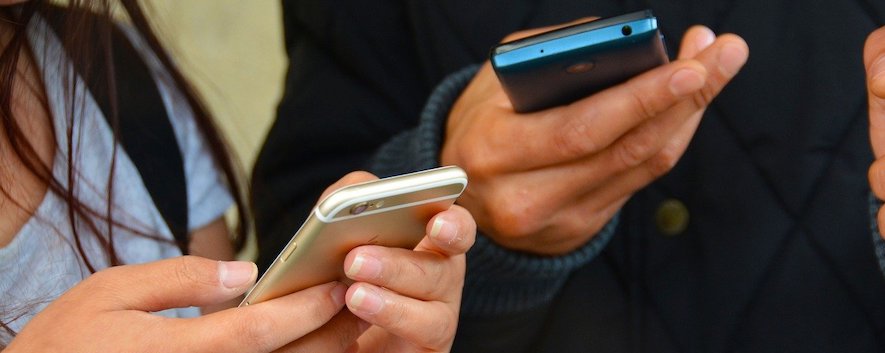Submitted by Daniele Campello on Wed, 13/05/2020 - 10:00
Adolescents, on the whole, find it particularly difficult to adhere to social exclusion and in some incidences break these rules in order to see their peers face-to-face. Campaigns led by adults have mixed success in influencing this behaviour. It is suggested in research lead by Sarah-Jayne Blakemore, Jack L. Andrews and Lucy Foulkes, published in the journal Trends in Cognitive Sciences, that public health bodies, in conjunction with influencers, should use social media to influence this behaviour in order to maintain 'social distance guidelines, within this sector.
➤ The research press for the University of Cambridge published a new piece about Sarah's paper.
Reference
Andrews, J.L. et al: ‘Peer influence in adolescence: Public-health implications for COVID-19.’ May 2020, Trends in Cognitive Sciences.DOI: 10.1016/j.tics.2020.05.001

The text in this work is licensed under a Creative Commons Attribution 4.0 International License. Image by Dean Moriarty from Pixabay. We make our image and video content available in a number of ways – as here, on our main website under its Terms and conditions, and on a range of channels including social media that permit your use and sharing of our content under their respective Terms.

